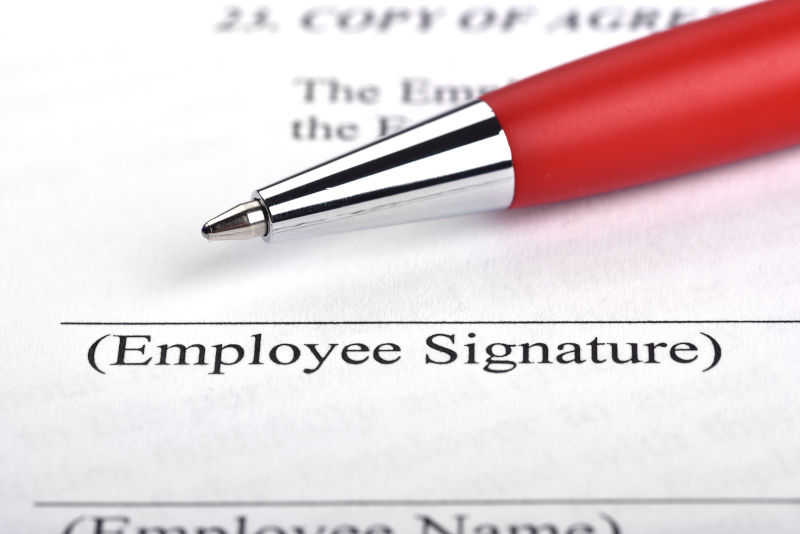The law provides protection against various types of discrimination: direct, indirect, harassment and victimisation, in respect of the protected characteristics covered by the Equality Act 2010. These are:
- Age
- Disability
- Gender Reassignment
- Marriage and civil partnership
- Pregnancy and Maternity
- Race
- Religion or belief
- Sex
- Sexual Orientation
However, there are additional protections if you are disabled.
As well as being protected against the above types of discrimination, the law also provides that an employer must make reasonable adjustments and must not treat an employee (or job applicant) unfavourably because of something arising in consequence of the employee’s disability. The exception to that is if the employer can justify its treatment as a proportionate means of achieving a legitimate aim (i.e. the treatment is due to genuine business reasons and goes no further than necessary). This is under section 15 of the Equality Act 2010 and is sometimes referred to as a Section 15 claim.
How is a Section 15 claim different from direct discrimination?
It is common for employees to believe they have been subjected to direct discrimination when unfair treatment occurs which is in some way connected to their disability. However, the circumstances often do not meet the legal definition. This is because the employer’s treatment is often not the disability itself but for something connected to or arising in consequence of the disability.
Unlike a direct discrimination claim, you do not need to show your treatment is less favourable than that compared to a colleague or that it’s due to your actual disability itself. This makes it much easier to establish a claim although an employer might have a defence (unlike in direct discrimination cases).
Section 15 claim
To bring a Section 15 claim you need to show the following:
- That you have a disability.
- That your employer knew you had a disability or could reasonably have been expected to know you had a disability.
- That you have been subjected to unfavourable treatment.
- That the unfavourable treatment is due to something arising in consequence of your disability.
- That your employer cannot justify its treatment of you.
- You have a disability
This may sound obvious, but to bring a disability discrimination claim, you need to show that you have a disability that meets the definition under the Equality Act. This means you must have a physical or mental impairment that has a substantial long-term effect on your ability to carry out normal day-to-day activities.
Looking at this in more details, a substantial effect is something that is more than minor or trivial. Long-term means that it has lasted or is likely to last more than 12 months (or the rest of your life if that is expected to be less than 12 months). Normal day-to-day activities are just that – the type of things people do every day (rather than specialist work activities), such as personal care, cooking, shopping, walking, using public transport, reading, watching TV and socialising etc.
- Your employer has knowledge
You employer needs to know that you have a disability and should take reasonable steps to find out. If your employer’s occupational health adviser is aware of your disability, an Employment Tribunal is likely to assume that your employer also knew or should have known.
However, you do not need to establish that your employer was aware of the consequences of your disability to bring a claim. This means that your employer cannot use their lack of knowledge of the consequences of your disability to defend a claim or avoid liability.
- You have been treated unfavourably
This covers many different things from not being appointed to a role; not being given a pay rise; not being promoted; performance management; selection for redundancy; being subject to sickness absence sanctions; and disciplinary processes etc.
- ‘Something’
The ’something’ that results in the unfavourable treatment must arise from your disability in some way, but it is not the disability itself. For example, this could be the amount of sickness absence you take because of your disability, or your conduct at work if your disability influences your behaviour.
Case law also shows that the connection between the ’something’ and the disability can be quite loose. In one case a teacher with cystic fibrosis was successful with his Section 15 Claim after he was dismissed for showing the film Halloween (certificate 18) to pupils aged 15 and 16. This was because he needed to do a significant amount of exercise each day to clear his lungs. When his workload increased, this led to him being exhausted and stressed and his condition worsening. The ’something’ he was dismissed for was showing the film but he did so, ultimately, for reasons connected to his cystic fibrosis.
In another case a paraplegic was dismissed after he verbally abused a colleague when he found out that the course he was due to attend had been moved to an inaccessible venue. The ’something’ was his loss of temper but this was due to him being a paraplegic unable to access the course.
- Your employer cannot justify the treatment
Unlike direct discrimination claims, your employer can try and defend their treatment of you if they have genuine business reasons/aims behind it and have gone no further than is necessary to achieve those aims. For example, if someone had a tendency to behave violently due to their disability which put colleagues and/or customers at risk, then an employer might be justified in dismissing that individual if there were no other alternative options.
Contact us
At Truth Legal, we specialise in disability discrimination claims. If you feel you have been discriminated against for a reason linked to your disability, please get in touch. We can talk to you about your situation and guide you through the tribunal process.
Further Reading
From one of the UK’s most read legal blogs.










